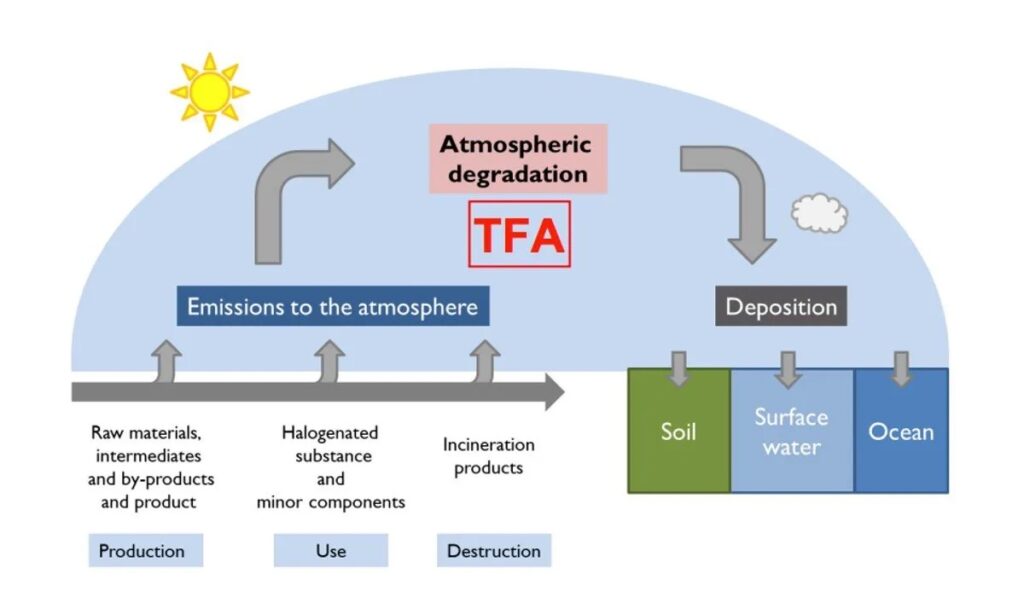Global PFAS concerns will likely lead to tougher refrigerant controls, Australia opens consultation
- PostedPublished 31 October 2022
Per- and poly-fluoroalkyl substances (PFAS) are becoming an increasing topic of concern due to the fact they do not easily break down and start to accumulate in the environment and living organisms, then make their way up the food chain in potentially high concentrations.
Several northern European countries and the EC is undertaking work on some 9000 of the 12,000 or so PFAS-containing substances, with the aim of having a legislative approach outlined in 2024.
The United States EPA is also focusing on the 2000 or so likely most risky PFAS-containing substances, with the potential for future regulation.
Closer to home, the Australian federal Department of Climate Change, Energy, the Environment and Water has launched a call for information on PFAS and persistent organic pollutants (POP).
Consultation is now open for two months and will focus on perfluorooctanesulfonic acid (PFOS), perfluorohexanesulfonic acid (PFHxS) and perfluorooctanoic acid (PFOA).
Proposals to restrict or ban synthetic refrigerants could hamper the HFC phase-down by slowing or preventing the uptake of lower-GWP and non-ozone-depleting alternatives such as R32, R125, R134a, R143a, R152a, R1234yf, R1234ze(E), R1336mzz(E), R1336mzz(Z), R1233zd(E) and R1224yd.
Degradation issues also include the conversion of atmospheric R1234yf into trifluoroacetic acid (TFA), which then falls to earth in rain. Some bodies are also calling for the complete elimination of the use of fluorinated gases, in order to meet future environmental objectives.
Worries about TFA’s persistence and potential to harm the environment, marine life and humans have not been taken into account in the HFC phase-down regulations that focus on climate change, according to some environmentalists.
This is not a new concern, and refrigerant manufacturers have insisted for some time that TFA naturally occurs in the oceans and soil.
Little is yet known about the impact of PFAS on human health, but researchers have found potential links to altered metabolism, fertility, reduced foetal growth, increased risk of being overweight or obese, increased risk of some cancers and reduced ability of the immune system to fight infections.
Adverse effects on animal reproduction, growth and development, as well as impacts to immune, nervous and digestive systems have also been linked to high PFAS concentrations.
- CategoriesIn Latest News
- Tagsenvironment, PFAS, refrigerant, refrigerants, TFA






